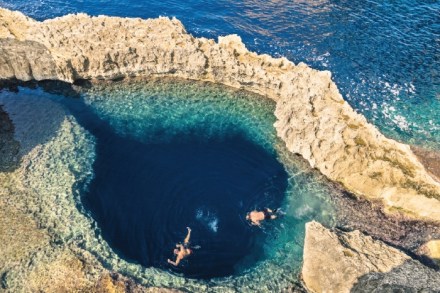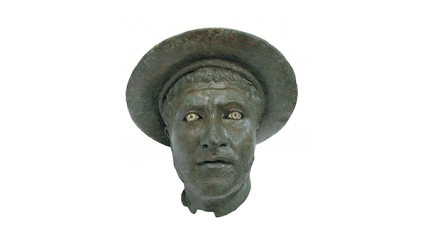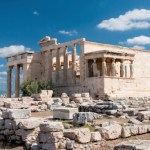Adventures on the isle that seduced Odysseus
Gozo — Malta’s tiny island neighbour — was once rather a crucial spot in the Mediterranean. The Knights of Malta built a wall across Gozo’s Ramla Bay to stop Napoleon invading. The clever little Corsican attacked via the undefended gully next door instead. Homer’s island of Ogygia — ‘the navel of the sea’ in the Odyssey — is thought to be Gozo. It was in a love-cave above Ramla Bay that Odysseus caroused with the honey–voiced sea-nymph Calypso. Stranded on the beach, clinging to a plank from his shattered boat, he took refuge in her arms- — for seven years. He wasn’t that desperate to get home to his darling









